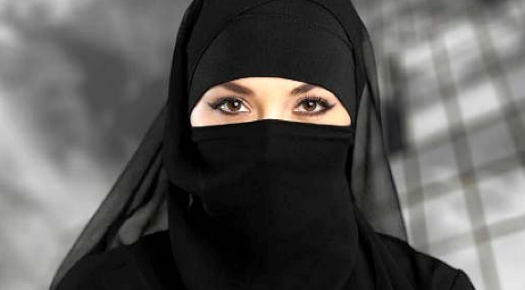
A conference for all political parties organized by Pakistan’s oldest Islamic party and attended by influential religious groups recently asked the government to withdraw an un-Islamic law that offers unprecedented protection to women who are or may have been subjected to domestic violence.
The Women’s Protection Act, which was passed last month in Pakistan’s Punjab Province, not only offers legal protection to women from domestic abuse but also psychological and sexual violence. It also would mandate the setting up of a toll-free abuse hotline that women could call to report such incidents, district-level panels that would investigate reports of abuse, women’s shelters that would offer immediate rehabilitation to victims and GPS bracelets that would help keep track of repeat offenders.
However, since the passage of the law, most conservative clerics and religious leaders have condemned it for conflicting with the Koran as well as the Constitution.
On March 15, representatives from more than 35 religious groups and political parties came together for a conference, organized by Jamaat-e-Islami, and denounced the law, calling it un-Islamic.
“The controversial law to protect women was promulgated to accomplish the West's agenda to destroy the family system in Pakistan,” read the joint declaration issued at the end of the concrescence. “This act ... is redundant and would add to the miseries of women.”
Even though human rights groups welcomed the new law, spirits across Pakistan have been dampened by conservative voices demanding that the legislation be retracted.
Last month, the Council of Islamic Ideology, an influential religious body in Pakistan that advises the government on which laws are compatible with Islam and which are not, dismissed the Women’s Protection Act as un-Islamic.
A powerful lawyer in the state also filed a petition at the highest sharia court, asking it to strike down the legislation.
Prevailing problems like domestic abuse, acid attacks and economic discrimination have caused Pakistan to be labeled as the world’s third most dangerous country for women, according to Thomson Reuters Foundation.
Photo Credits: The Georgia Straight
